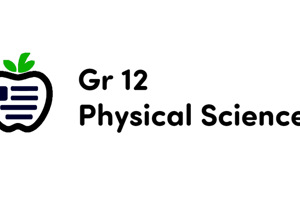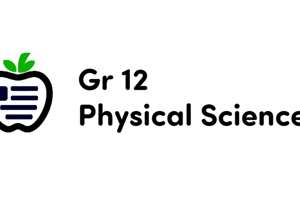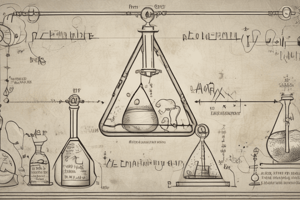Podcast
Questions and Answers
What is the difference between a physical change and a chemical change, and how can you determine whether a reaction is a physical or chemical change?
What is the difference between a physical change and a chemical change, and how can you determine whether a reaction is a physical or chemical change?
A physical change is a change in which the substance's composition remains the same, whereas a chemical change involves a change in the composition of the substance. To determine whether a reaction is physical or chemical, you can look for signs such as change in color, odor, or production of heat, light, or gas, which are indicative of a chemical change.
What is the purpose of balancing a chemical equation, and what are the steps involved in balancing an equation?
What is the purpose of balancing a chemical equation, and what are the steps involved in balancing an equation?
The purpose of balancing a chemical equation is to ensure that the number of atoms of each element is the same on both the reactant and product sides. The steps involved in balancing an equation include writing the unbalanced equation, counting the atoms of each element, and adjusting the coefficients in front of the formulas to achieve balance.
What is the difference between a word equation and a chemical equation, and how are they used in representing chemical reactions?
What is the difference between a word equation and a chemical equation, and how are they used in representing chemical reactions?
A word equation is a written representation of a chemical reaction using the names of the reactants and products, whereas a chemical equation is a symbolic representation of a reaction using chemical formulas and symbols. Word equations are used to provide a general description of the reaction, while chemical equations provide a detailed and precise representation of the reaction.
What is the role of catalysts in chemical reactions, and how do they affect the rate of reaction?
What is the role of catalysts in chemical reactions, and how do they affect the rate of reaction?
What is the concept of conservation of mass in chemical reactions, and how is it reflected in a balanced chemical equation?
What is the concept of conservation of mass in chemical reactions, and how is it reflected in a balanced chemical equation?
Flashcards are hidden until you start studying
Study Notes
Chemical Equations and Reactions
- A chemical equation is a representation of a chemical reaction using symbols and formulas of substances.
- A word equation is a chemical equation written in words, using the names of reactants and products.
Types of Chemical Equations
- Synthesis reaction: A reaction where two or more substances combine to form a new compound.
- Decomposition reaction: A reaction where a single compound breaks down into two or more substances.
- Replacement reaction: A reaction where one element displaces another element from a compound.
Balancing Chemical Equations
- A balanced chemical equation has the same number of atoms of each element on both the reactant and product sides.
- The law of conservation of mass states that matter cannot be created or destroyed in a chemical reaction, only transformed.
- Steps to balance a chemical equation:
- Write the unbalanced equation with the correct formulas of reactants and products.
- Count the atoms of each element on both sides of the equation.
- Add coefficients (numbers in front of formulas) to balance the equation.
Physical and Chemical Changes
- A physical change is a change in state or form of a substance without changing its chemical composition.
- Examples of physical changes: melting, freezing, boiling, condensation, and dissolving.
- A chemical change is a change in which a new substance is formed with a different chemical composition.
- Examples of chemical changes: burning, rusting, and cooking.
Key Points to Remember
- Chemical equations represent chemical reactions.
- Chemical equations must be balanced to follow the law of conservation of mass.
- Physical changes do not change the chemical composition of a substance.
- Chemical changes result in a new substance with a different chemical composition.
Studying That Suits You
Use AI to generate personalized quizzes and flashcards to suit your learning preferences.




